US Calls On Iran To Provide Explanation On Uranium Traces
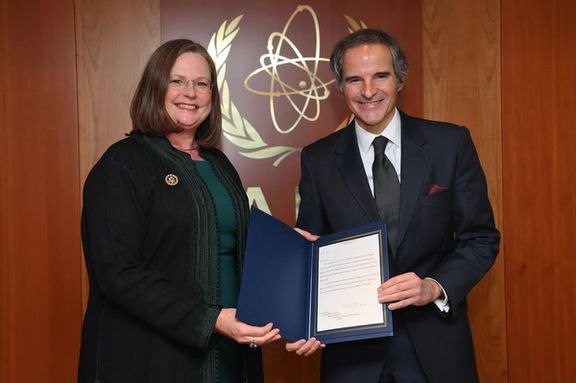
The US Mission to the UN has reiterated that Iran must provide technically credible explanations for the presence of uranium particles detected at three undeclared locations.

The US Mission to the UN has reiterated that Iran must provide technically credible explanations for the presence of uranium particles detected at three undeclared locations.
“The United States expresses our sincere appreciation for the continued professional and impartial efforts of the Agency [IAEA] to implement Iran’s Comprehensive Safeguards Agreement,” read the US Statement as delivered by Laura S.H. Holgate, the US envoy to international organizations in Vienna on Wednesday.
“We commend the Director General for his extensive efforts to engage Iran on the need to clarify and resolve the Agency’s longstanding concerns related to the presence of uranium particles of anthropogenic origin at three undeclared locations in Iran – Turquzabad, Varamin, and Marivan,” it added.
Emphasizing that “the path towards clarifying and resolving these issues is neither complicated nor never-ending,” the US mission said Iran must inform the IAEA about the current location of the detected nuclear material and/or contaminated equipment.” “The power to resolve these issues is in Iran’s hands.”
On Thursday, Rep. Claudia Tenney (D-NY) said that a resolution to demand documents from the Biden Administration related to nuclear talks with Iran failed to pass the House Foreign Affairs Committee.
“This morning…Democrats blocked efforts to pass resolutions of inquiry (also known as an ROI) to require the Biden Administration to turn over documents related to the Afghanistan withdrawal as well as ongoing nuclear talks with Iran.”
“Instead, House Democrats on the Foreign Affairs Committee prevented both the Afghanistan and Iran requests from moving forward. It was a shameful abdication of their oversight responsibilities to the American people,” she added.
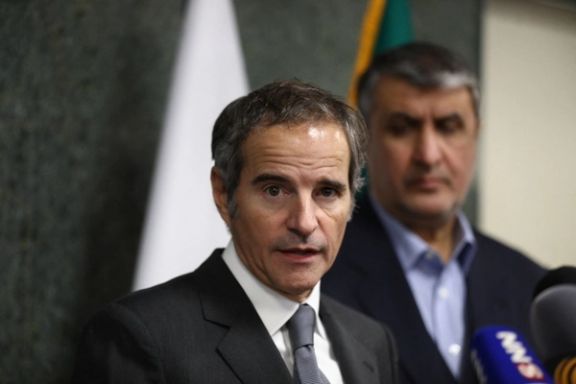
A former Iranian lawmaker says the reason why the United States has not yet returned to the 2015 nuclear deal is that Israel keeps exerting pressure on Washington.
Sabah Zanganeh, a relative of Iran's Supreme Leader Ali Khamenei, told conservative news website Nameh News that despite all the shuttle diplomacy between Washington and Tel Aviv, the United States has still not managed to deflect the pressures exerted by Israel.
Although the latest IAEA meeting has not issued a resolution against Tehran, Nameh News says that this does not mean an agreement is any closer.
Zanganeh added in his interview that threats made by some US senators has disheartened Biden officials and delayed decision making in Washington. He said under the circumstances, there is no point in signing an agreement as long as all the hindrances are not addressed.
Asked how these delays can affect Iran, Zanganeh said: "We have to see how controversial or even dangerous these delays can get." Nonetheless, he warned Tehran against "exerting excessive pressures on some issues.” He might have been referring to Iran's demand to shelve a demand by the UN nuclear watchdog, the IAEA’s for Iran to explain traces of uranium found in three undeclared sites.
Meanwhile, hardliner commentator Mohammad Sadegh Koushki also tried to explain the reason for the delay in reaching an agreement in an interview with Nameh News. Koushki said: "The Westerners insist on rigorous inspection of Iranian nuclear sites, but at the same time they are not prepared to offer any guarantees, and this is what has left the Vienna negotiations inconclusive."
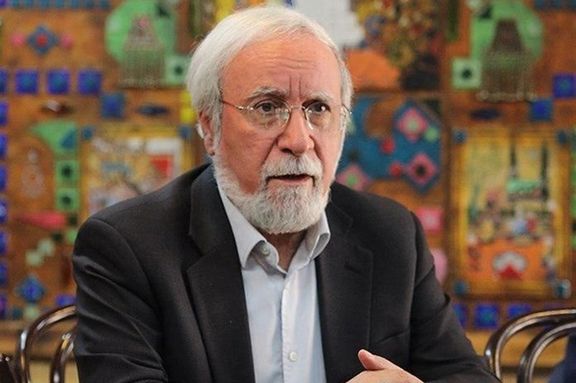
Koushki reiterated, "It is simple: The Westerners wish to get concessions from Iran, but they refuse to reciprocate." He also criticized the West for once again raising the issue of PMD (possible military dimensions) in Iran's nuclear activities. "The matter was addressed in 2015 and the case was terminated then, but the West raised the issue once again during President Hassan Rouhani's Presidency," Koushki said.
Koushki claimed that "Rouhani accepted serious inspections on the condition that the PMD case would be terminated. If it weren't for that condition, there was no point in allowing the inspections. The West is still not prepared to guarantee that the case about PMD would be terminated," he said.
He reiterated, "The West wants us to sign an agreement in which we will definitely be the losing side." He added: "What the West wants is to allow Iran to export some oil to stabilize the international energy markets and solve the West's problems, but they are not offering anything more to Iran."
Koushki continued that under the circumstances, insisting on Iran's rights is the least the Raisi Administration can do. He added that Iran has already made a lot of compromises but allowing the nuclear dossier to remain open would be a gross loss for Tehran.
But others, such as international relations expert Ghasem Mohebali maintain that reviving the JCPOA depends on a major political decision Iran must make. Meanwhile, he added that continuing the nuclear program without any economic justification is not in Iran's interest, and if there is no profit for Iran in an agreement, the revival of the JCPOA would be impossible.
Mohebali said reaching an agreement would be possible if Iran concludes that the country’s development plans are more important than a nuclear program that not only does not have any benefits but can have destructive consequences for the economy.
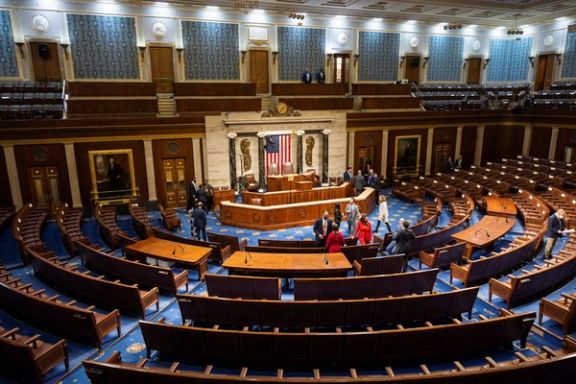
A bipartisan group of the US House lawmakers are set to introduce legislation Thursday that would solidify Washington’s sanctions against Iran no matter the result of nuclear talks.
According to Fox News on Thursday, the legislation, titled the Solidify Iran Sanctions Act (SISA), would create a necessary deterrent by targeting the country's energy sector and making it more difficult to finance terrorist operations or develop ballistic missiles.
Republican Representative Michelle Steel from California, who is leading the bill in the House, said that "From brutal abuses committed against its own people, to its never-ending threats towards free and democratic societies, the Iranian regime has proven time and again that they are a rogue state with no interest in preserving regional or global peace.”
Stressing the need to prevent “the unacceptable threat of a nuclear Iran from becoming a reality,” he said, “Existing sanctions have proven successful in preventing such a catastrophe, and we must ensure that we can continue to place economic and strategic pressures on Iran to prevent them from developing nuclear weapons or supporting terrorists.”
Steel said he is cooperating with Senator Tim Scott (R-SC) on this issue to lead the bipartisan group in the House on the bill, which would require the "imposition of sanctions with respect to Iran’s illicit weapons programs, conventional weapons and ballistic missile development, and support for terrorism, including Iran’s Revolutionary Guards Corps (IRGC)."
Last month, Scott, along with several other senators, introduced the Senate version of the legislation, designed to make the Iran Sanctions Act of 1996 permanent.
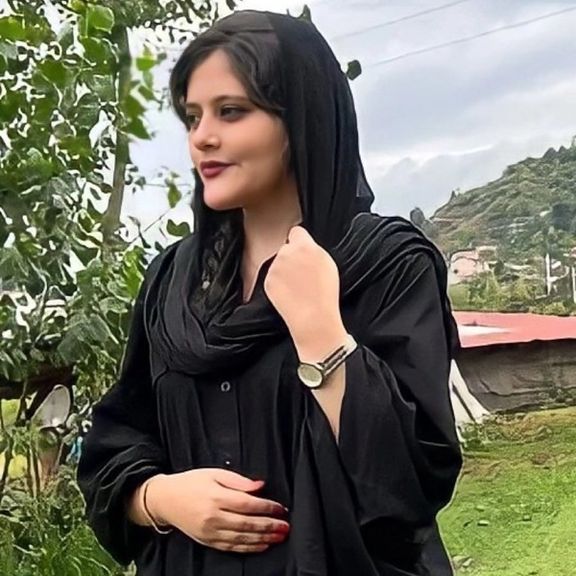
A 22-year-old Iranian woman, identified as Mahsa Amini, died Friday after being severely beaten in the head by the Islamic Republic’s “morality” police.
The Islamic Republic’s police told Iranian media that Amini suffered a heart attack while detained by morality police, denying reports that she had been beaten.
Iran International has learned that Amini was not feeling well and had symptoms similar to concussion when she was taken to the Vozara detention center, where the morality police take all those arrested across the capital Tehran.
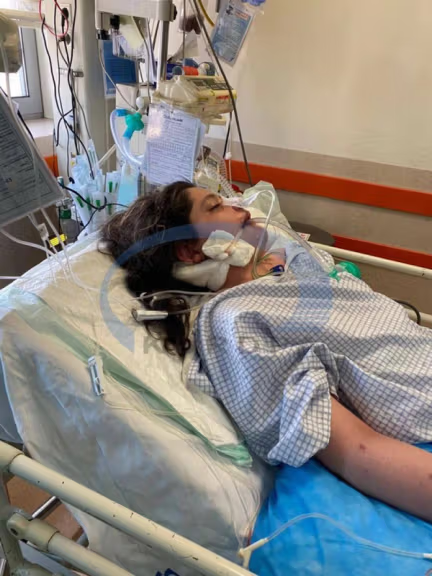
According to reports, the young girl – originally from Saqqez in Kurdistan province -- was visiting her relatives with her family in Tehran when she was arrested on Tuesday evening by hijab enforcement officers.
After protest by Mahsa's brother, who was with her when she was arrested, the officers said that they would take her to the Vozara street detentions center for a "briefing class" and will be released after an hour.
Her uncle said on Thursday that his niece’s heart was not functioning properly and her kidneys had failed, adding that her doctors told the family that they cannot do anything for her.
In recent months government and security agencies have intensified their efforts to pressure women into abiding by the hijab laws and several rounds of anti-hijab civil disobedience campaigns have followed.
Patrols by ‘morality police’ have increased on the streets and videos of violent arrests of women and girls as well as confrontations between people and hijab enforcers.
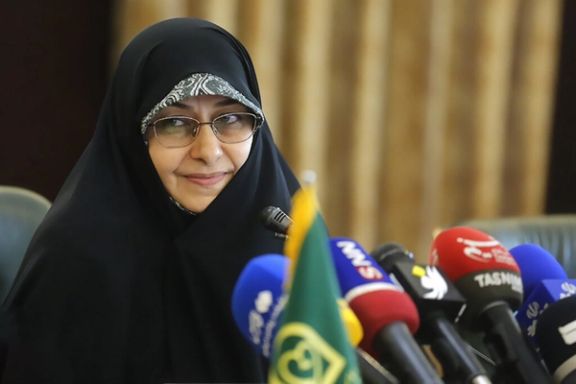
A Canadian journalist has criticized Ottawa for spreading a “lush welcome mat” for rich Iranians linked to the regime but refusing visas to relatives of Flight PS752 victims.
In an article published by the National Post Wednesday, author and journalist Terry Glavin said Ottawa has allowed an Iranian vice president’s son to live and work in British Columbia while refusing visas to relatives of Iranian victims of Ukraine Airlines Flight PS752.
The flight was shot down by the Revolutionary Guards (IRGC) missiles in January 2020, and relatives of those killed in the tragic event wanted go to Canada for memorial services. Ontario's Superior Court of Justice has ruled that IRGC’s downing of the flight was intentional.
In his article Glavin referred to frequent visits of high-ranking former Revolutionary Guards officials such as former police chief of Tehran, Morteza Talaei, and former brigadier-general Alireza Razm-Hosseini, in the past few years and said Razm-Hosseini was “free to wander Canada’s streets as though Ottawa and Tehran were on intimate speaking terms.”
“Allowing Talaei to freely enter Canada sends a dangerous message; a message that is an affront to Iranians who have themselves sought refuge in Canada,” several human rights groups said in an open letter in February.
Canada broke off diplomatic relations with Iran in 2012, citing its support for the Syrian government, non-compliance with United Nations resolutions over the nuclear program, and fears for Canadian diplomats after protestors stormed the British embassy.
Over the past five years, the federal Start-Up Visa (SUV) Program has been a wildly popular way for Iranian entrepreneurs to obtain permanent resident status in Canada. Since 2015, Immigration, Refugees and Citizenship Canada has received a total of 3,203 permanent-resident applications from 70 countries via the SUV program. Of those applicants, 615 were Iranians.
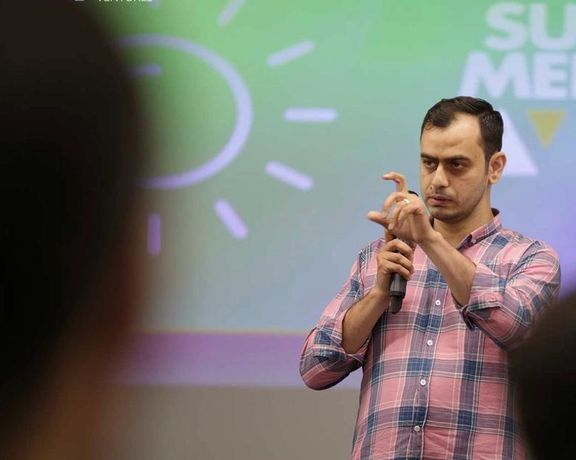
Glavin also mentioned the more recently revealed case of Hamid Rezazadeh, Iranian Vice President for Women and Family Affairs, Ensieh Khazali's son, who has been living and working in Canada for several years.
Khazali has denied her son's immigration to Canada and claimed he is there only on a short visit for further "knowledge-based" research. This is one of the favorite terms of Iran's Supreme Leader Ali Khamenei who has nicknamed the current year as "the year of knowledge-based production."
But social media activists have provided some evidence that Rezazadeh is running a company in Canada that sells a VPN application called Betternet to circumvent government censorship of the Internet inside Iran. Vice president Khazali is an advocate of limiting Iranians' access to the Internet.
According to National Post, applicants for the visa program are required to show that their business ideas are backed by at least $200,000 from one of a variety of federally designated organizations in Canada that operate as venture capital funds, “angel investor” groups or business “incubators.”
In May 2018, Betternet showed up in the Portfolio of 7 Gate Ventures’ investment, designated by Ottawa as a qualifying venture-capital company, as a VPN that promises access to blocked websites with a capacity to bypass internet censorship firewalls, encrypt data and guarantee online privacy, the National Post said.
Whistleblowers and activists in Iran have also revealed that some other hardliner officials’ children including Tehran Mayor Alireza Zakani, and former Majles Speaker Gholam Ali Haddad Adel are also living abroad.
Hardliners have used emigration issue against rivals including former moderate conservative former Majles Speaker Ali Larijani who was barred from running for president in 2021 on accusations that his daughter lived abroad.
In May this year, General Morteza Mirian, commander of Iran’s Revolutionary Guards’ ground forces, claimed that 4,000 relatives of “senior officials”live in the United States, Canada, and Europe.
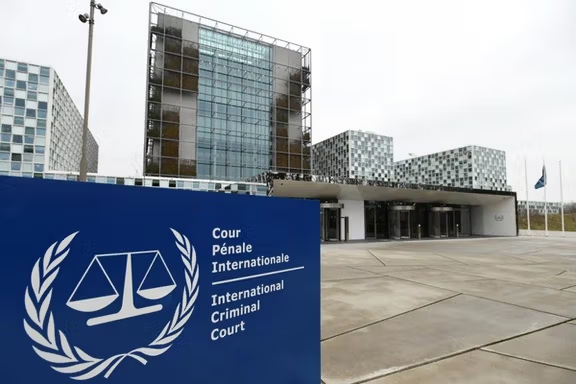
The families of victims aboard a Ukrainian flight that was shot down by Iran in 2020 called on the International Criminal Court to investigate the case as a war crime or crime against humanity.
Lawyers representing families said on Wednesday that the Association of Families of Flight PS752 Victims submitted an Article 15 Communication to Office of the Prosecutor of the ICC, providing information and evidence about crimes that occurred when Iranian missiles brought down Ukraine International Airlines Flight PS752.
The request was submitted in accordance with Article 15 of the Rome Statute, alleging that perpetrators have committed certain war crimes and crimes against humanity against the passengers and crew of flight PS752 and their surviving family members, including the war crimes of willful killing, intentionally directing attacks against the civilian population or civilian objects, outrages upon personal dignity and pillage, as well as other inhumane acts.
"The affected countries -- especially Canada -- have acted with a glacial pace that has been marred by bureaucracy and a wishful thinking attitude toward a meaningful negotiation with the Islamic Republic of Iran," said spokesperson for the association representing the families, Hamed Esmaeilion, whose wife and nine-year-old daughter died onboard the flight.
The airliner was shot down by two air-defense missiles fired by the IRGC on January 8, 2020, as it took off from Tehran’s Imam Khomeini International Airport. Only hours earlier, the IRGC had fired more than a dozen missiles at Iraqi bases hosting US and coalition troops in retaliation for the killing of the IRGC Qods Force Commander Ghasem Soleimani who was killed in Baghdad by a US drone strike just five days earlier.